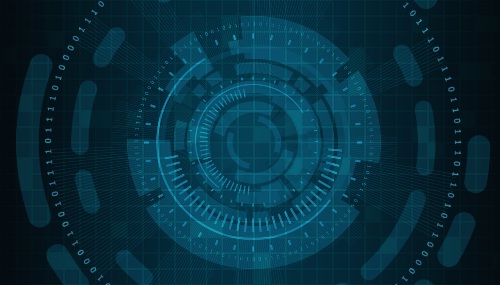Digital Trust and Security
Given our increasing dependence on digital technology, the issue of whether we can trust the systems we use and the people we interact with has become critical.
Digital Trust and Security underpins a broad range of societal challenges and is profoundly multidisciplinary.
It encompasses the security and resilience of the underlying technology, work practices and processes, law and regulation, human behaviour, social norms and context, regulation, governance and standards, more traditional security concerns, such as cryptography, access control and verification to the societal and sociological concerns that emerge from big-data analytics, intrusion, cloud computing and the internet of things.
.jpg)
Centre for Digital Trust and Society
Digital Trust and Security updates are delivered through The Centre for Digital Trust and Society.

Events
The latest events from the Digital Trust and Security area.
-(1).jpg)
GM Cyber Foundry
UoM is participating in a £6m Business Support project to offer support to local enterprises and generate innovation in Cyber Security.

North West Partnership for Security and Trust
The NWPST is a partnership between GCHQ, the UK’s Government Communications Headquarters, and four universities based in the north-west

